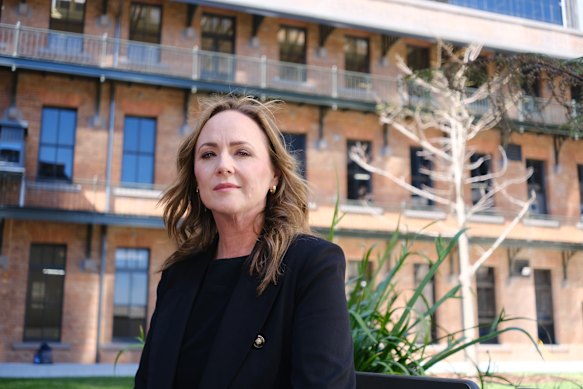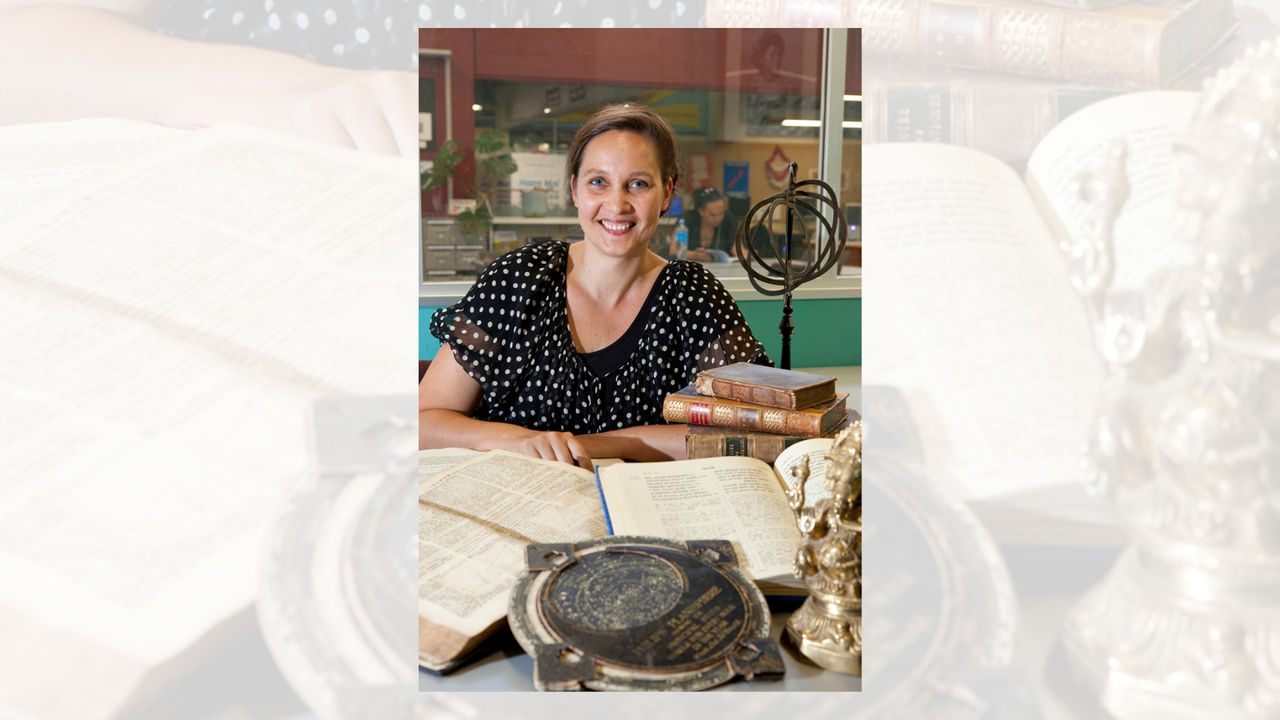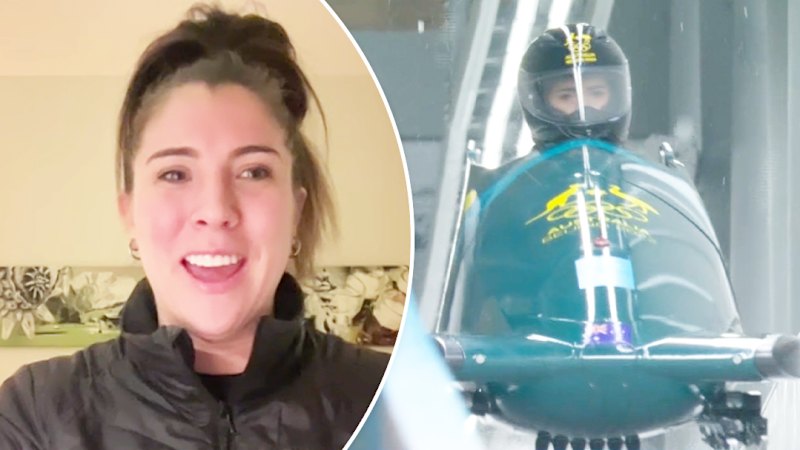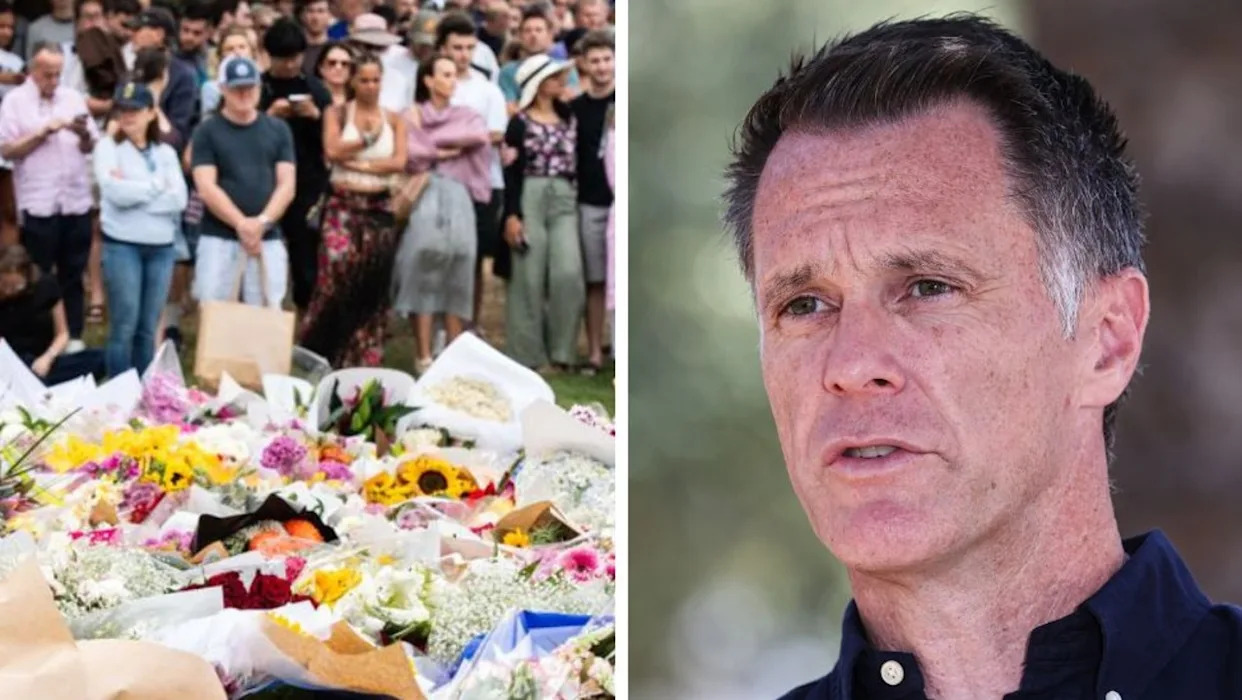
Dr Jo-Ann Sparrow, president of the forced adoption support service provider Jigsaw Queensland, has raised serious concerns about recent changes in legal interpretations affecting access to identifying information for individuals searching for their biological families. This development comes after more than three decades of progress since Sparrow successfully located her own mother in 1991, supported by laws that allowed adult children and birth parents to obtain vital records.
In a shocking turn of events, Sparrow highlighted that new restrictions implemented by the Queensland Department of Families have closed essential pathways for accessing marriage, birth, and death certificates without prior warning or consultation. “We can’t even get the authorization we need to obtain identifying information we’ve had for 33 years,” she stated in an interview.
The department claims it remains dedicated to assisting Queenslanders in their personal searches but cites the necessity to enhance privacy and ensure compliance with legislation. Unfortunately, this commitment has not translated into immediate solutions for those affected. Sparrow revealed that longstanding practices, often involving intermediaries like Jigsaw and the Stolen Generation support group Link-Up Queensland, are now shrouded in uncertainty.
The troubling changes first came to Sparrow’s attention through an email from the Adoption and Permanent Care Services on September 2, 2023. The message proposed a meeting to discuss “important matters” related to information access. Just days before the scheduled meeting, however, the Registry of Births, Deaths and Marriages sent a letter that outlined significant and regressive changes to adoption legislation. “It just took my breath away,” Sparrow recounted. “I thought I was misunderstanding what I was reading. But in the meeting, it was clear that these changes had already been implemented.”
The abrupt alteration in policy has left many individuals and families who rely on these services feeling abandoned. Sparrow emphasized the emotional toll that these changes could have on those seeking to reconnect with their biological relatives. The lack of transparency and dialogue from the department has heightened frustrations, as many feel that their rights to access crucial information have been unjustly curtailed.
As Sparrow and others navigate this new landscape, the future remains uncertain for many adoption seekers in Queensland. The situation calls for urgent attention from policymakers to ensure that the rights of individuals seeking their family histories are protected. The commitment to privacy must not come at the expense of access to vital information that can profoundly impact lives.





